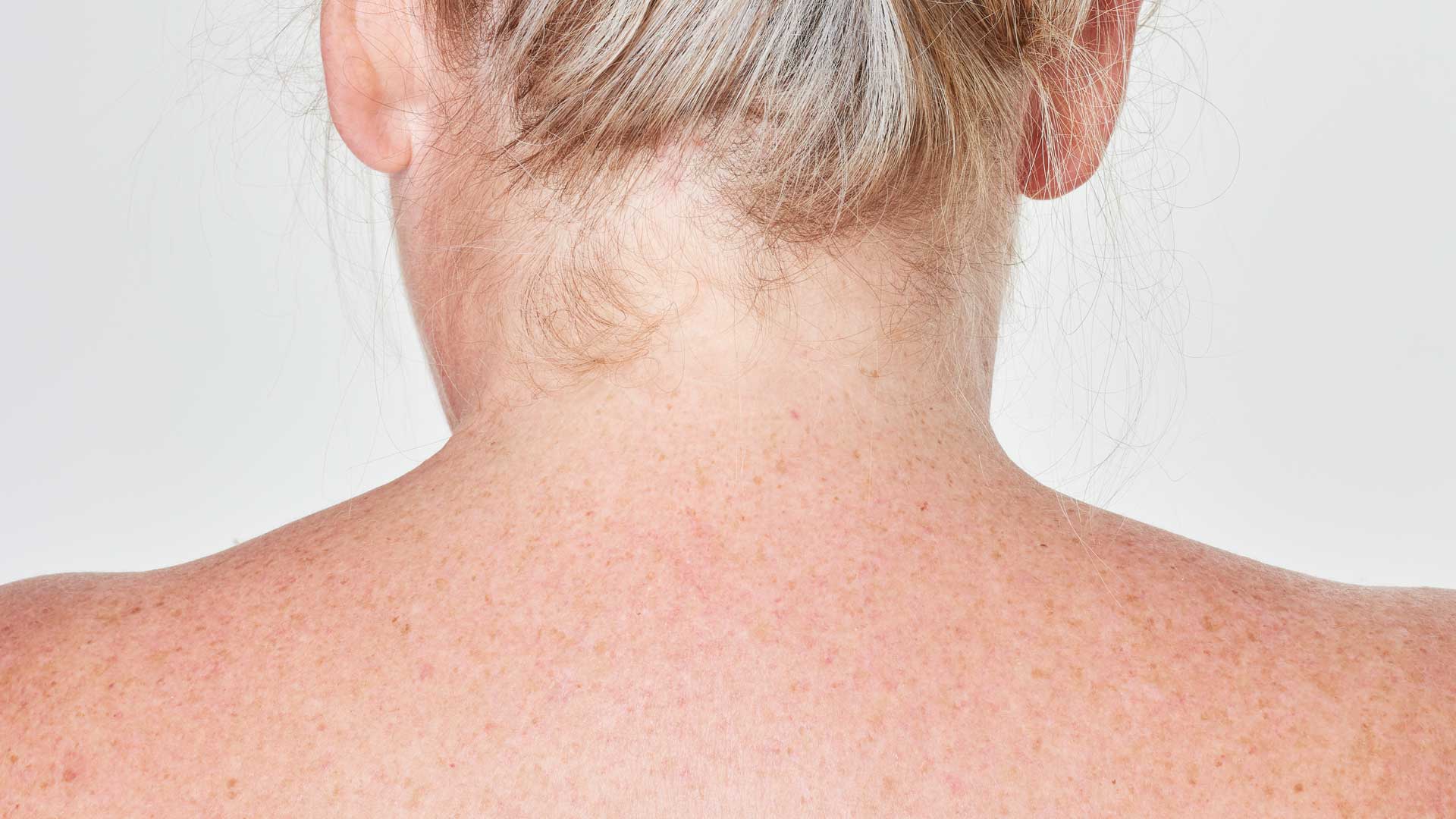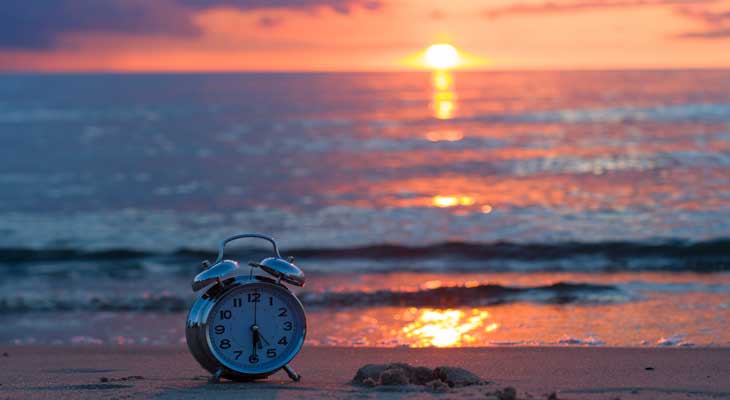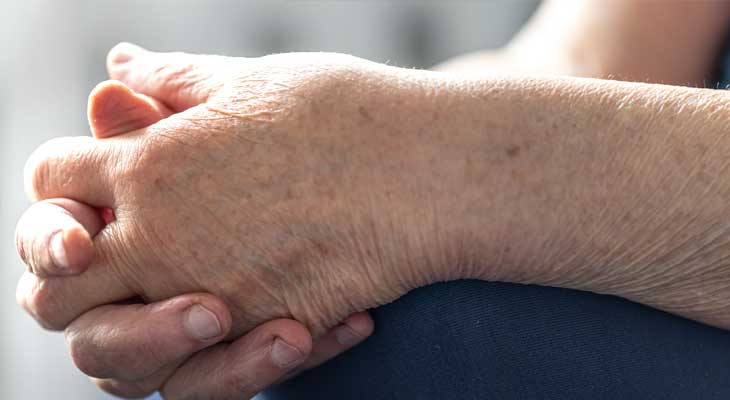A skin check allows time for the doctor to check multiple spots of concern, and to check your skin more fully for moles you may not even know exist (for example, on your back).
Even if you haven’t noticed anything unusual yourself, a trained eye can often pick up signs that are easy to miss.
During your appointment, the doctor will assess both new and existing moles, freckles, and other marks. They may use a dermatoscope (a special magnifying tool with light) to look more closely at individual spots. This allows for a detailed view of the skin’s surface and helps in identifying subtle features that could indicate a risk. If anything suspicious is found, your doctor will discuss the next steps, which may include monitoring, photographing the spot for future comparison, or arranging a biopsy.
Skin checks are a simple and painless process, usually taking less than 30 minutes. Having regular skin checks provides peace of mind and ensures that any problems are detected as early as possible. The frequency of checks depends on your personal risk factors, such as skin type, family history, and sun exposure.
We offer two options for patients booking a skin check. The first option includes Total Body Photography (also known as Mole Mapping), which involves seeing one of our nurses first, where a systematic collection of photos of your whole body are taken in specific poses. This means that your doctor will be able to review these with you as part of your skin check appointment. These photos also provide a baseline for future comparison. There is more information about this on the Total Body Photography page.
We do offer the option of skin checks without Total Body Photography. During your appointment, Doctors may still take some photos, including dermoscopic photos of any spots of concern. But this does not include the comprehensive Total Body Photography/Mole Mapping system described above. Molescope recommends Total Body Photography for all new patients to establish an initial baseline. Your Doctor will then be able to let you know how often they recommend you repeat both skin checks and Total Body Photography, based on your specific risk factors.
Which Skin Check should I choose?
If you are a new patient, we recommend starting with a "Skin Check with Total Body Photography". This gives a baseline set of photos for furture comparison. For existing patients, if it has been 12 months or more since your last Skin Check, we recommend the "Skin Check with Total Body Photography". Your doctor will then be able to recommend the best frequency of Skin Checks and Total Body Photography based on your specific risk factors. For example, they may recommend more frequent Skin Checks, but having Total Body Photography on a less frequent schedule.
Please note: There may be more availability/flexibility for Total Body Photography appointments when booked over the phone compared to what is available/visible through the online bookings. If you are needing a specific time, please call our friendly reception staff on 9725 3003 and they will be able to find an appropriate appointment time for you.
| Appointment Type | Fees | Medicare Rebate* | Gap Payment | Notes |
|---|---|---|---|---|
| New Patient Skin Check with Total Body Photography | $340.00 | $84.90 | $255.10 | Includes $260 Skin Check with Medicare rebate (Item 36) and $80 Total Body Photography appointment | New Patient Skin Check Only (No TBP) | $260.00 | $84.90 | $175.10 | Includes $260 Skin Check with Medicare rebate (Item 36) |
| New Patient Spot Check | $160.00 | $43.90 | $116.10 | |
| Existing Patient Skin Check with Total Body Photography | $310.00 | $84.90 | $225.10 | Includes $230 Skin Check with Medicare rebate (Item 36) and $80 Total Body Photography appointment | Existing Patient Skin Check Only (No TBP) | $230.00 | $84.90 | $145.10 | Includes $230 Skin Check with Medicare (Item 36) |
| Existing Patient Skin Check with Total Body Photography | $270.00 | $43.90 | $226.10 | Includes $190 Skin Check with Medicare rebate (Item 23) and $80 Total Body Photography appointment | Existing Patient Skin Check Only (No TBP) | $190.00 | $43.90 | $146.10 | Includes $190 Skin Check with Medicare rebate (Item 23) | Existing Patient Spot Check | $140.00 | $43.90 | $96.10 |






